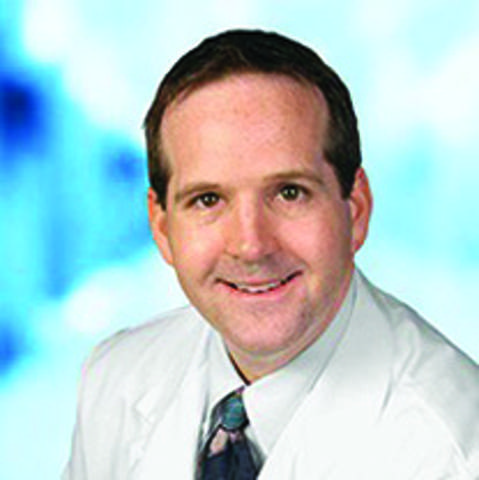
no description

no description
Mammograms help detect breast cancer. Colonoscopies help detect colon cancer. And blood tests help detect prostate cancer. Why don’t we hear about lung cancer screenings? Especially since, every year, lung cancer kills more people than the other three types combined.
I’d like to change that. On Wednesday, November 18, from 6:30 to 7:30 p.m., I will be presenting a lung cancer education session to explain how lung cancer screenings are done and who is eligible to receive them. The education session will be free – and if you’re eligible for a screening, it will likely be covered by your insurance and be at no cost to you either. If you don’t have insurance, certain state or local agencies may provide screening for free or at a low cost.
You can watch the live video presentation from the comfort of your home. It’s also an excellent opportunity to ask questions about lung cancer, your level of risk, and what happens during screenings and treatments. Nurse navigator Chrystal Keister, RN, will be assisting me, and I encourage you to ask us anything you want to know.
Although smoking is not the only factor that leads to lung cancer risk, it is certainly something to take into consideration. If you answer yes to these three questions, a yearly lung cancer screening is a good idea:
• Are you 55 to 77 years old?
• Do you smoke now, or did you smoke previously and quit within the last 15 years?
• Are you now, or prior to quitting were you, a heavy smoker?
A heavy smoker is defined as someone who has a 30-pack-year history. Pack-years are something I will be covering in-depth during my presentation. But to give you some idea, a pack is assumed to be 20 cigarettes. If you smoke a pack a day for 30 years, that’s a 30-pack-year history. If you smoke two packs a day for 15 years, that’s also a 30-pack-year history. Three packs a day for 7½ years or a half-pack a day for 60 years all come out to the same result.
The good news with lungs is they can heal themselves. After just nine months of quitting, former smokers experience far fewer lung infections – and their risk of developing lung cancer decreases as well. If you’ve tried to quit in the past and found it too difficult, I encourage you to try again. Geisinger and Geisinger Health Plan have numerous resources to help.
If you’re interested in finding out more about lung cancer screenings, sign up for the education session by visiting geisinger.org/lung-screening.
As with breast, prostate, and colon cancer, early detection can lead to early treatment – and that’s your best chance for a cure. Besides, compared to colonoscopies and mammograms, lung cancer screenings are a breeze. If you’re eligible, there’s no reason not to have one.
Matthew Facktor, MD, is a thoracic surgeon, Geisinger Lewistown Hospital and Geisinger Medical Center.
Receive all the latest news and events right to your inbox.

80% of consumers turn to directories with reviews to find a local business.